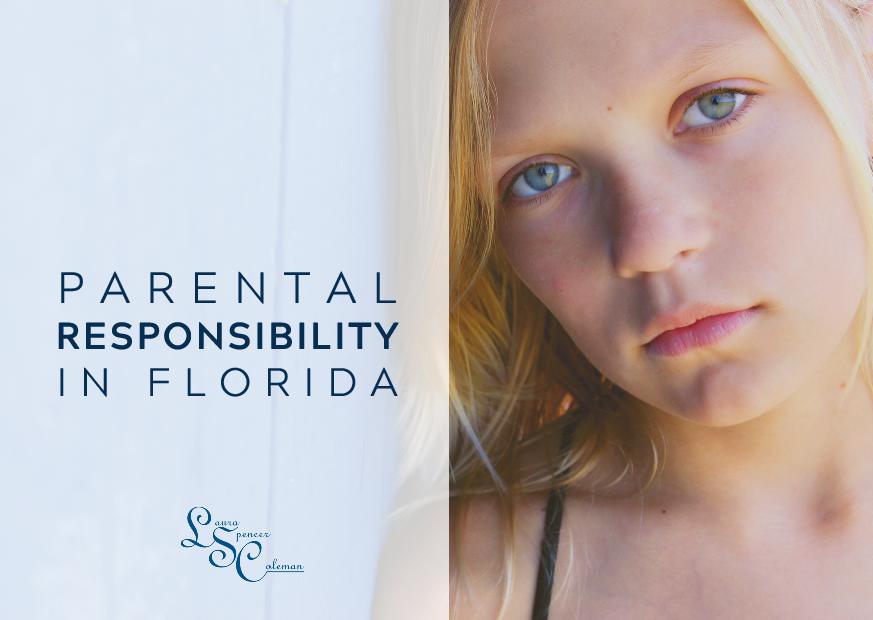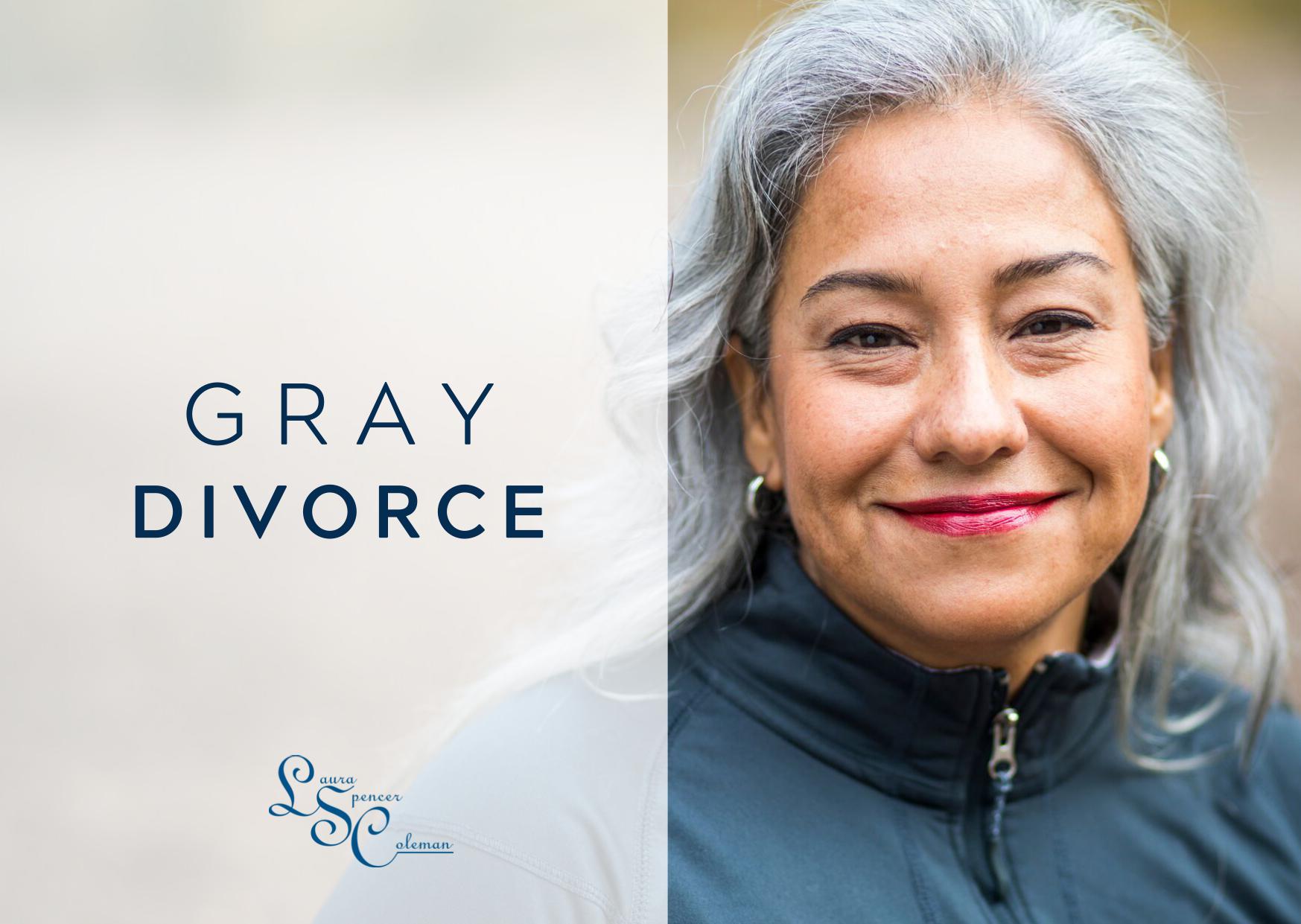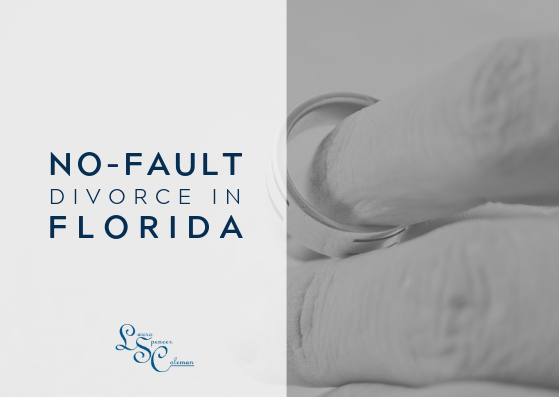Divorce for Short-Term Marriages in Florida
- By Laura Spencer Coleman
- •
- 02 Nov, 2017
- •

Divorce laws are different in every state. If you are filing for divorce in Florida, it's important to understand the specific laws you have to follow as you're going through the process.
In addition to abiding by state laws, you also need to be aware of laws that apply to short-term versus long-term marriages.
What Is A Short-Term Marriage?
A moderate-term marriage is a marriage having a duration of greater than seven but less than 17 years, and a long-term marriage is a marriage with a duration of 17 years or more.
Divorce For Short-Term Marriage
If you are seeking a divorce for a marriage lasting fewer than seven years, most of the basic legal grounds for divorce are the same as longer marriages.
In Florida, the marriage must be irretrievably broken, or you will have to establish mental incapacity of one of the parties in which the party was adjudged incapacitated for the prior three years.
If a minor child is involved or one party disagrees that the marriage is irretrievably broken, the court may order both parties to consult with a marriage counselor or some other type of counselor approved by the court. It may also continue the proceedings to allow the parties to reconcile or take other action that may be in the best interest of the spouses and the minor children of the marriage.
When it comes to property division, Florida is an equitable distribution state.
That means that marital assets and debts are distributed in a fair manner. When making determinations for property division, the court considers many factors, including the duration of the marriage. It might make different decisions based on a short-term marriage than it would for a long-term marriage.
The same goes for alimony. Alimony may be granted to either party and is generally determined by the needs of the spouse requesting it and the ability of the other spouse to pay. In Florida, there are four types of alimony: bridge-the-gap, rehabilitative, durational and permanent. If the need for alimony is determined, it will be based on a variety of criteria, including the duration of the marriage.
If you are seeking a divorce after a short-term marriage in Florida, contact the law office of Laura Spencer Coleman. We provide compassionate family law services for Florida residents.













